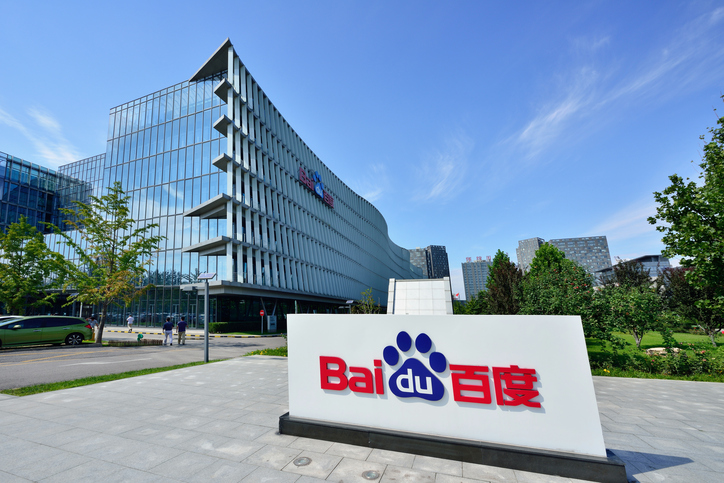News broke earlier this fall that Baidu, the Chinese web services company, has increased its investment in autonomous vehicle technology to the tune of $1.5B. Considered by many to be the Chinese equivalent of Alphabet, the parent company of Google and Waymo, Baidu’s accelerated partnership with carmaker BAIC has been viewed as an attempt to catch up to its Western counterparts in Waymo and Tesla. According to press reports, the first BAIC-produced autonomous vehicles are said to be ready for the road by 2019-2020.
Baidu’s self-driving platform, dubbed Apollo, has already been widely adopted by a number of auto and tech companies around the globe. The technology was made available to third parties as early as April of this year in an attempt to expedite the system’s capabilities. The renewed investment push has added key features that will be needed for successful use on the road, including obstacle perception, HD maps, route planning and more.
While advancements in technical capabilities are reassuring and necessary, the software will have to come a long way before it can be widely utilized. Hacking protection and environment adaptability, for example, would need to be thoroughly ironed out before widespread use on China’s roadways. That being said, autonomous vehicles on the roads of China have plenty of benefits for the country and the region, such as:
• Better overall traffic flow, reducing congestion and greenhouse gas emissions
• A push for more cutting edge technology in China’s tech manufacturing realm
• Greater investments in domestic auto manufacturers
• A regional push for autonomous vehicles, potentially cutting down on emissions throughout the continent’s biggest countries
Baidu’s foray into self-driving cars has not been without its setbacks, however. Several local regulations prevent the company from testing their vehicles on public roads, an important barometer for the system’s recognition and adjustment capabilities. There have also been reported instances of the company breaking city traffic laws to try testing their vehicles.
What do you think will end up happening as a result of Baidu boosting their investment in driverless car technology and its associated companies? Will the world’s most populous country lead the charge in environmentally friendly autonomous driving or will the technology take longer to be adopted? Let us know what you think in the comments below.
